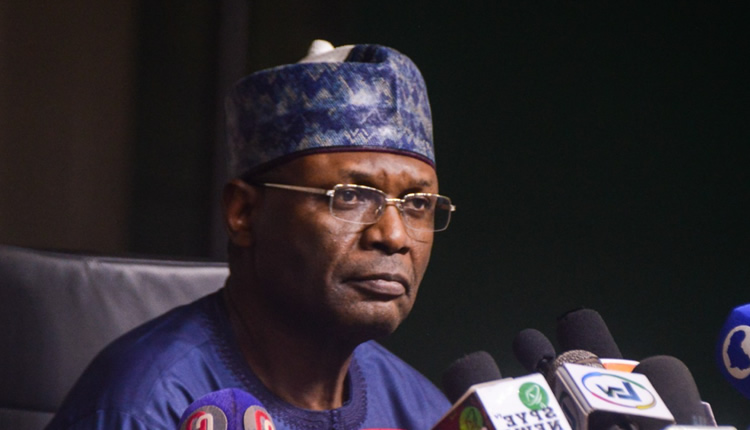Professor Mahmood Yakubu, the Chairman of Nigeria’s Independent National Electoral Commission (INEC), has emphasized the vital importance of continuous electoral reform and the urgent need for swift legislative action to implement necessary changes. Speaking at a retreat with the National Assembly’s Joint Committee on Electoral Matters in Lagos, Yakubu highlighted the significant impact of past reforms, particularly the Electoral Act 2022, borne from a similar retreat in 2020. This act, he explained, modernized the electoral process by addressing existing legal loopholes, enhancing the use of technology, and incorporating recommendations from previous electoral reform committees. The collaborative environment of the retreat, bringing together lawmakers with practical political experience and INEC officials responsible for election management, was lauded as a positive step towards strengthening Nigeria’s electoral system. Yakubu stressed that these retreats facilitate a more focused and insightful discussion on the complexities of election management than traditional committee room hearings.
A key achievement of the Electoral Act 2022, according to Yakubu, was the extension of the timeframe between party primaries and general elections. Previously, INEC had a mere 60 days following primaries to prepare for elections, a tight schedule that often led to logistical challenges and potential delays. The amendment extended this period to 180 days, a change that proved instrumental in the smooth and successful conduct of the 2023 general elections. This extended timeframe enabled more comprehensive planning, eliminating the need for postponements due to logistical constraints, a recurring issue in previous elections. The increased preparation time allowed for more thorough training of electoral officials, better distribution of materials, and more effective voter education campaigns, all contributing to a smoother and more efficient electoral process. This improvement underscores the positive impact of legislative reforms in addressing practical challenges faced by INEC in managing elections.
Another significant milestone highlighted by Yakubu was the domestic printing of all election materials, including ballot papers and result sheets, for the 2023 general elections. This marked the first time since Nigeria’s return to democracy in 1999 that the country relied entirely on its local printing capacity for such a crucial aspect of the electoral process. This achievement not only signifies a boost to local industry but also strengthens Nigeria’s sovereignty and control over its electoral process, reducing reliance on foreign entities and potentially enhancing security and transparency. This move was praised by the Chartered Institute of Professional Printers of Nigeria, recognizing the significant capacity building within the local printing sector and its contribution to the overall success of the 2023 elections.
Looking ahead, Yakubu urged the National Assembly to expedite the finalization of the legal framework for future elections. He emphasized the importance of providing INEC with sufficient time to implement any new reforms effectively. This proactive approach is crucial to ensure that any legislative changes are fully integrated into the electoral process well in advance of the next election cycle, minimizing potential disruptions or confusion. Timely implementation also allows for thorough training of electoral officials and adequate public awareness campaigns, promoting a smoother and more transparent electoral process. Yakubu expressed gratitude to INEC’s development partners for their continued support, recognizing the importance of international collaboration in strengthening Nigeria’s democratic institutions.
The INEC Chairman’s call for swift action on electoral reform underscores the ongoing commitment to improving Nigeria’s electoral system. He emphasized the vital role of a robust legal framework in facilitating free, fair, and credible elections. Continuous refinement of the electoral laws, incorporating lessons learned from past elections and addressing emerging challenges, is essential to consolidating democratic gains and fostering public trust in the electoral process. This proactive approach, prioritizing timely implementation and collaboration with stakeholders, aims to further enhance the transparency, efficiency, and integrity of future elections in Nigeria.
Yakubu reiterated the significance of the collaborative relationship between INEC and the National Assembly. The joint retreat format provides a platform for meaningful discussions on electoral challenges, allowing lawmakers to gain a deeper understanding of the practical realities faced by INEC in managing elections. This collaborative approach is crucial in ensuring that legislative reforms are not only well-intentioned but also practical and effective in addressing the specific needs of the electoral process. By working together, INEC and the National Assembly can create a more robust and responsive electoral system that strengthens Nigeria’s democracy and ensures the will of the people is accurately reflected in election outcomes. The emphasis on continuous reform signifies a commitment to improving the electoral process and fostering greater public confidence in the democratic system.


